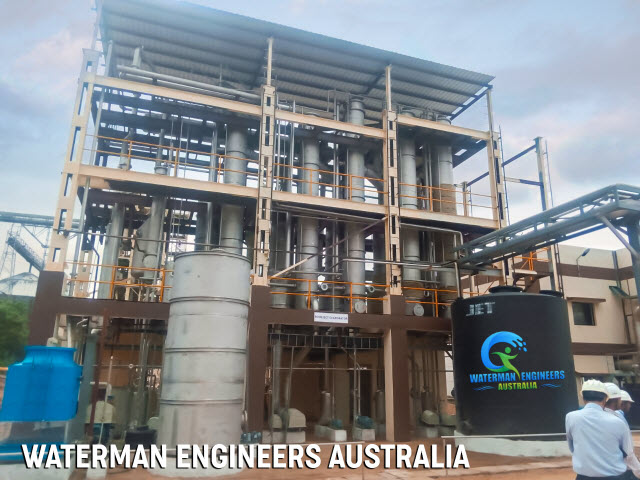As concerns for the environment and sustainability continue to rise, industries are seeking innovative ways to reduce their impact on the planet. One solution gaining popularity is the Zero Liquid Discharge (ZLD) system. ZLD systems are designed to eliminate the discharge of liquid waste, enabling industries to reuse and recycle water resources. However, designing and engineering a ZLD system requires careful consideration to ensure its efficiency, reliability, and environmental impact.
With water costs escalating and regulations driving industry leaders to look for alternative ways to reduce their water use, Zero Liquid Discharge Plant ZLD Systems Design Considerations and Importance of Water Quality Monitoring, zero liquid discharge (ZLD) systems are getting more attention as useful wastewater treatment and water management solutions.
ZLD is a process that aims to eliminate any liquid waste from leaving the plant or facility boundary, and instead recycle the water for reuse. This approach is becoming more and more popular as a waste management strategy for complex industrial production facilities, particularly in drought-stricken regions.

